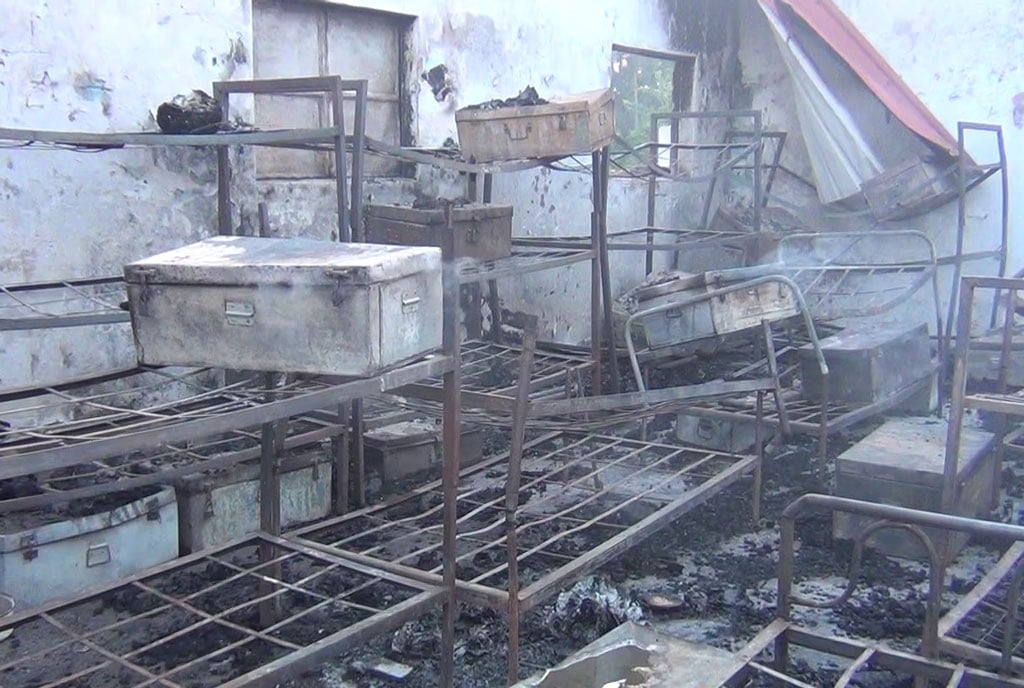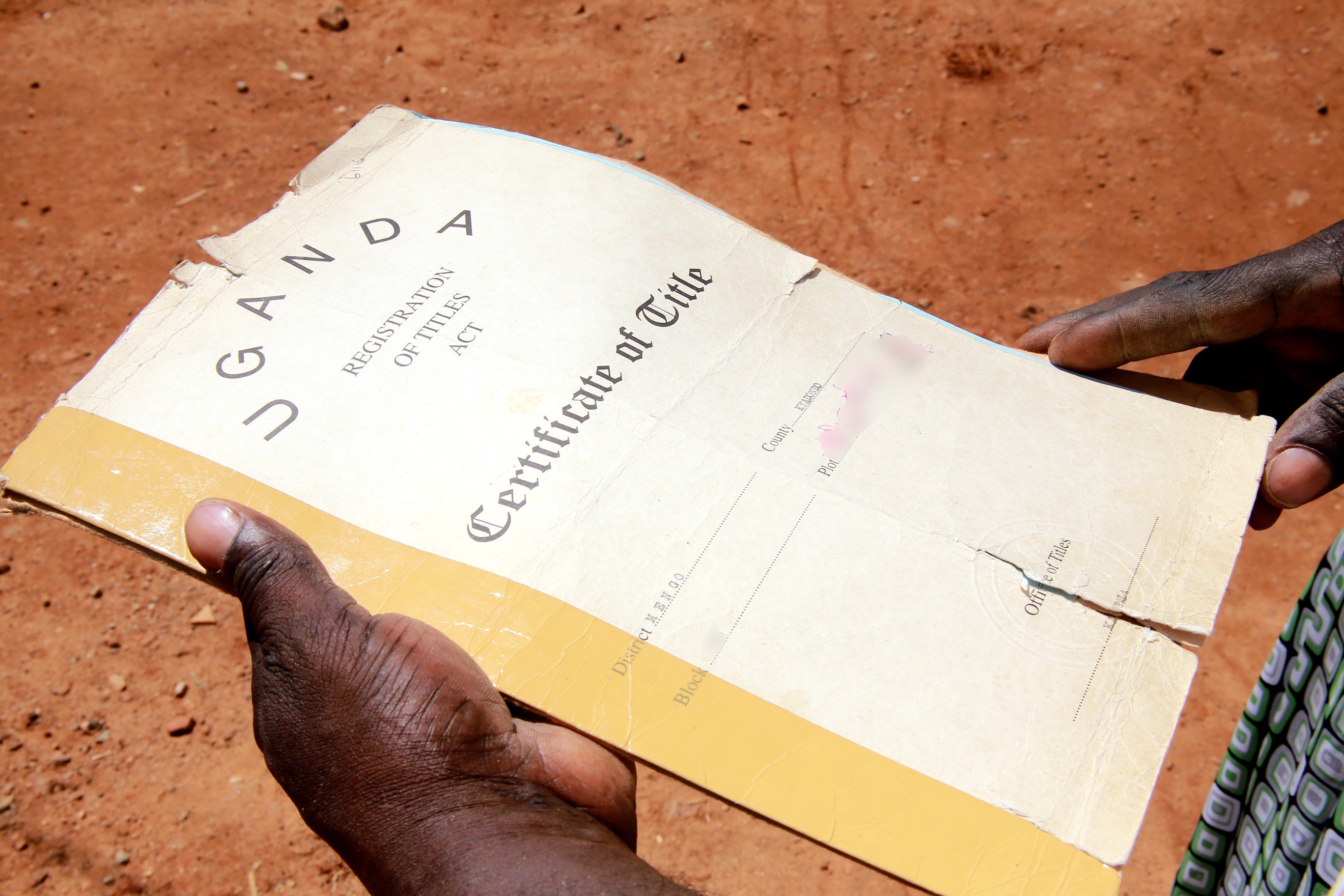Mailo tenure is not the cause of our problems

Ivan M. Mulumba
Land is a factor of production whose supply is fixed, a fact we have failed to accept. We have paid less attention to the way we use land and instead started blaming tenure systems. The result has been the erosion of land value through unplanned development, deforestation and many evils, irrespective of the system of land ownership. But how did we get here?
The money one has access to will influence the kind of real estate he/she buys. In Uganda, such financing is expensive, with lending rates being as high as 25 per cent. To get out of this trap, people sell land at a figure that can solve the problem at hand which in turn distorts the real estate market. Often, we look at the government to fill the real estate financing gap. But the government has left such a role to private actors.
There has been a surge in the growth of slums in the last two decades as a result of rural urban migration. The near collapse of the coffee industry that employed millions, population increase and the centralization of Uganda’s economy, have all put pressure on land within, and in close proximity to the capital. Many of those who migrate are unable to afford land. They decide to squat on someone else’s land. When land owners speak out, politicians respond in ways that secure the next vote and not those that solve the problem. A solution would involve countrywide growth in terms of well thought out industrialization, modern agriculture, good quality education, better housing for all, and established markets for produce within and outside the country’s borders.
Lack of security of tenure has been sighted as one of the impediments to development. Some of the solutions to this problem have however been met with a lot of resistance. A few years ago, Buganda kingdom ran a massive titling promotion to enable bibanja owners on Kabaka’s land get leasehold titles at subsidized rates. It would put them in position to have building plans approved by local authorities since a land title is a requirement, and to secure more funding from financial institutions with verifiable evidence of their land interests. The project was seen as evil meant to rip off the masses, with its detractors forgetting that many sections of Bugolobi, Kololo, Naguru, Nakasero, Ntinda, and the Central Business District of Kampala, which are some of the most developed sections of this country, are under leasehold tenure. If the owners of properties in those areas can become and remain millionaires under leasehold tenure, why can’t it be an option for the rest of the settlers on mailo land?
At the start of the 20 century, entire towns were planned from scratch to provide for double-lane roads, residential neighbourhoods, the central business district and industrial zones. The land and property professional was put to use. But today we have failed to dream beyond what was done more than a century ago.
There has been little effort to educate Ugandans about land use, what to build, who to hire and where to build. We do not consult property professionals, which often results in capital that would have been put to better use being trapped in loss making developments.
The demand for housing increases each year. With interest rates for mortgages through the roof, institutional investors to whom people contribute savings are looked at to lead the development of better affordable real estate than what is currently available. The real estate they fund, however, if often too expensive for most Ugandans.
If there was a clear plan followed for government projects: demarcated sections where infrastructure would be constructed and when this is to be achieved, and such a plan communicated to everyone, people wouldn’t construct houses in such places. The cost of compensation would be low since speculators would also be dealt a blow. Funds for such a project would be secured on time, not years after a valuation exercise to aid compulsory acquisition has been finalized, which sometimes results in project-affected-persons rejecting the compensation awards.
Lasting development and transformation is that which is championed by natives. This can be shown by the impact coffee had on Uganda’s economy. Many Ugandans had coffee mills which changed the fortunes of communities. It costs nothing for governments and development partners to work with communities and those who own land to realize a development project. People do not have to lose land for development to take place. They can be shareholders in it.
Mr Ivan Matthias Mulumba is the Chief Valuer at Buganda Land Board




